What is a Firewall?
A firewall performances as a protecting block between your system and the internet, protection against illegal admission and hateful pressures. While important for security, firewalls can sometimes slow down your internet, particularly throughout actions like browsing, streaming, or gaming.
Types of Firewalls:
- Hardware Firewalls
- Physical devices positioned between your network and the internet.
- Commonly used by businesses and large organizations.
- Software Firewalls
- Applications installed on individual computers or servers.
- Operate at the software level to monitor and filter traffic.
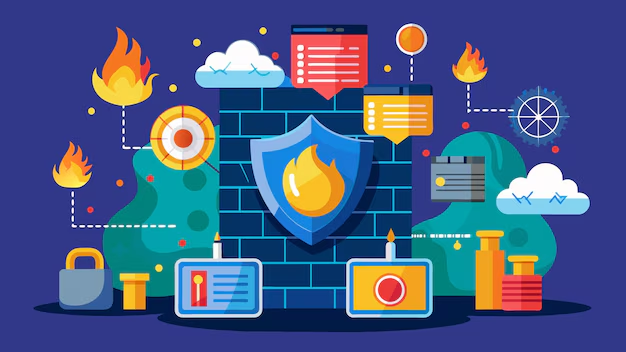
How Firewalls and VPNs Disturb Internet Speed
Firewalls
Firewalls review incoming and outbound data packets beside a set of instructions. This process can introduce delays, particularly if the system is outdated or handling complex configurations.
Factors that May Slow Down a Firewall:
- Complex Rules: Processing numerous rules takes more time.
- High Traffic Volume: Managing heavy traffic can overwhelm the firewall.
- Invalid Hardware: Older firewalls may fight with current data masses.
VPNs (Virtual Private Networks)
VPNs course and translate internet traffic done remote headwaiters. While offering enhanced security, these processes can also reduce speed.
Factors that May Slow Down a VPN:
- Server Location: Longer distances between you and the server increase latency.
- Server Load: Overcrowded servers can cause congestion.
- Encryption Strength: Stronger encryption protocols require more processing power.
Balancing Security and Speed
Both firewalls and VPNs are important for safe internet practice, but optimizing their outlines can help continue better speeds.
Tips to Improve Presentation:
- Firewall Optimizations:
- Simplify rules to reduce processing time.
- Upgrade to modern hardware that handles high traffic efficiently.
- VPN Optimizations:
- Use servers closer to your location to minimize data travel time.
- Choose faster protocols like Wire Guard instead of older ones like Open VPN.
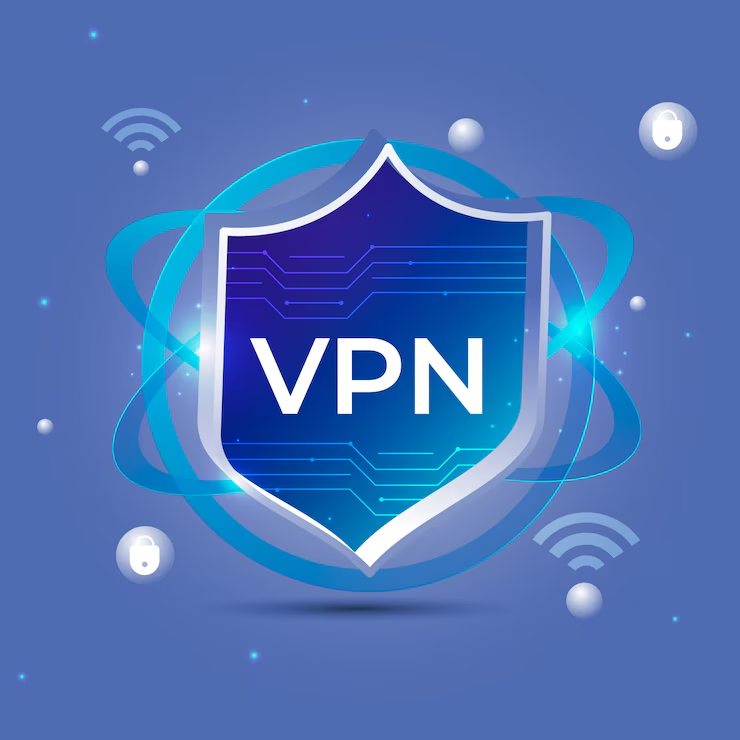
Comparing Firewalls and VPNs
| Factor | Firewall | VPN |
| Main Purpose | Monitors and controls network traffic | Encrypts and reroutes internet traffic |
| Impact on Speed | Can slow down due to data inspection | Can slow down due to encryption and rerouting |
| Causes of Slowdown | Complex rules, high traffic | Server distance, load, and encryption |
| Mitigation | Simplify rules, upgrade hardware | Use nearby servers, choose faster protocols |
| Security Benefits | Protects against unauthorized access | Hides IP address, secures transmitted data |
Common Scenarios
- Streaming Services: Both firewalls and VPNs can cause buffering or longer load times due to data inspection or encryption.
- Online Gaming: Increased latency can result from packet inspection (firewalls) or rerouting (VPNs).
- Large File Downloads: Firewall scans or VPN server congestion can slow download speeds.
Adjusting Settings for Optimal Performance
If your internet speed is frequently affected:
- Firewall:
- Simplify rules or temporarily disable the firewall for trusted downloads.
- VPN:
- Lower encryption levels for casual browsing.
- Switch to less crowded or nearby servers.
Warning: Lowering security settings can expose you to risks. Always balance the trade-offs between speed and safety.
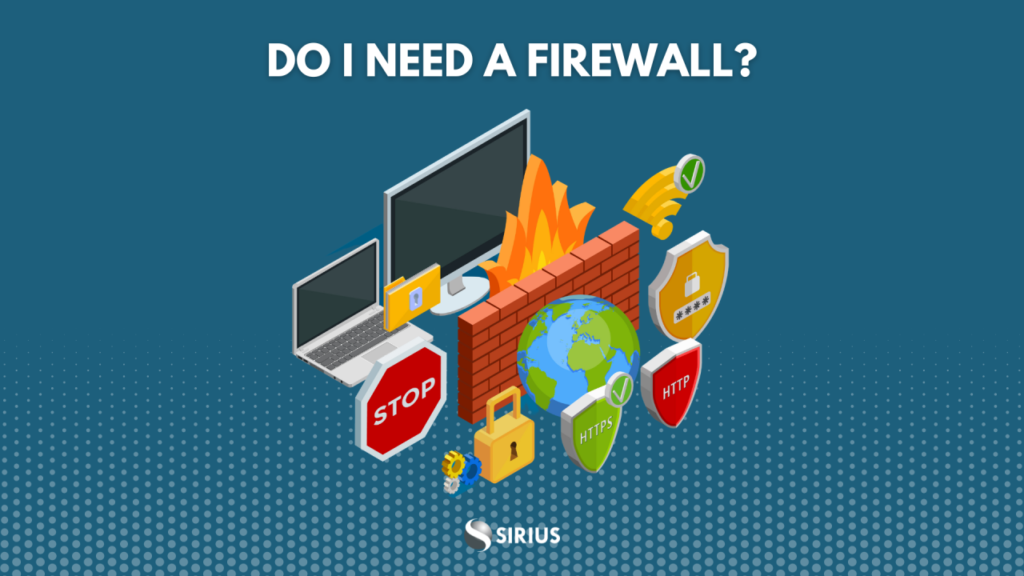
Normally Asked Questions
- How does a firewall affect internet speed?
Firewalls analyze all traffic entering and leaving your network, which may introduce delays, especially under high traffic or with outdated systems. - Can a VPN develop my internet speed?
In some personal belongings, VPNs can avoid ISP regulating and improve speed. However, encryption and rerouting generally slow down the connection. - Should I disable my firewall for faster internet?
Disabling your firewall may increase speed but leaves your system vulnerable to threats. Instead, optimize its rules or consider upgrading your hardware.
Decision
Firewalls and VPNs are serious for continuing online security but can move internet performance. By thoughtful their meanings and improving their settings, you can realize a balance between security and speed, confirming a safe and resourceful online knowledge.
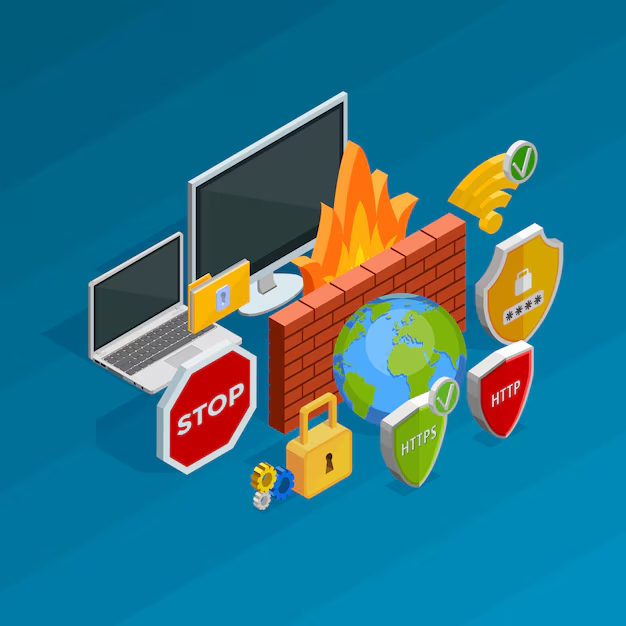
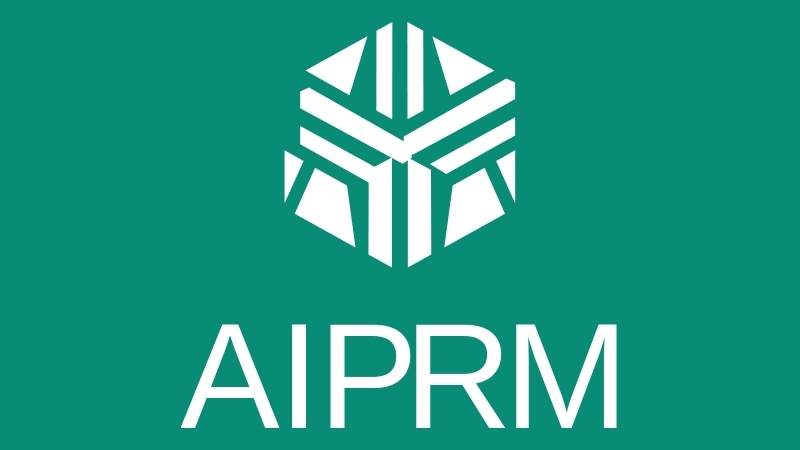


One thought on “Understanding the Connection Between Firewalls, VPNs, and Internet Speed”